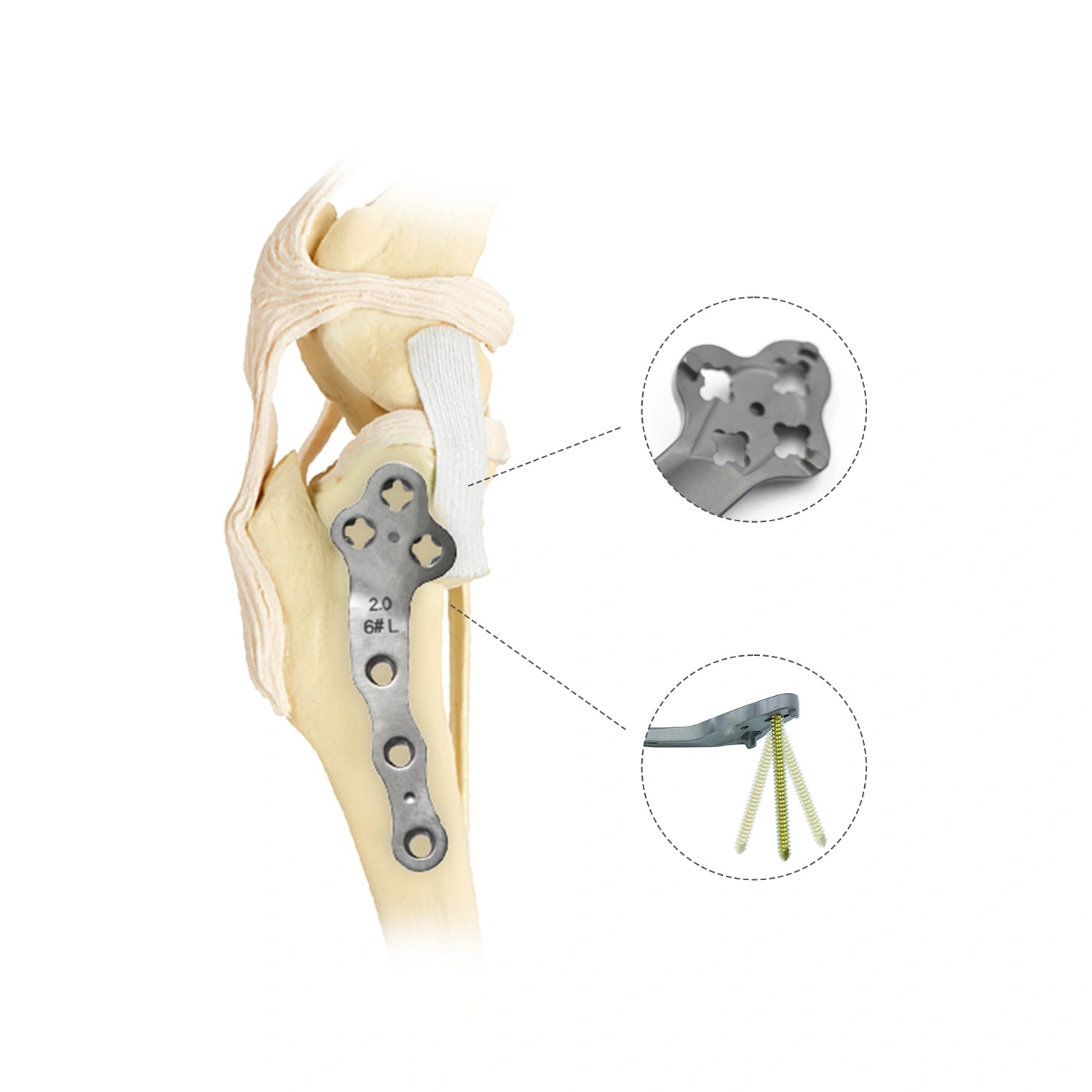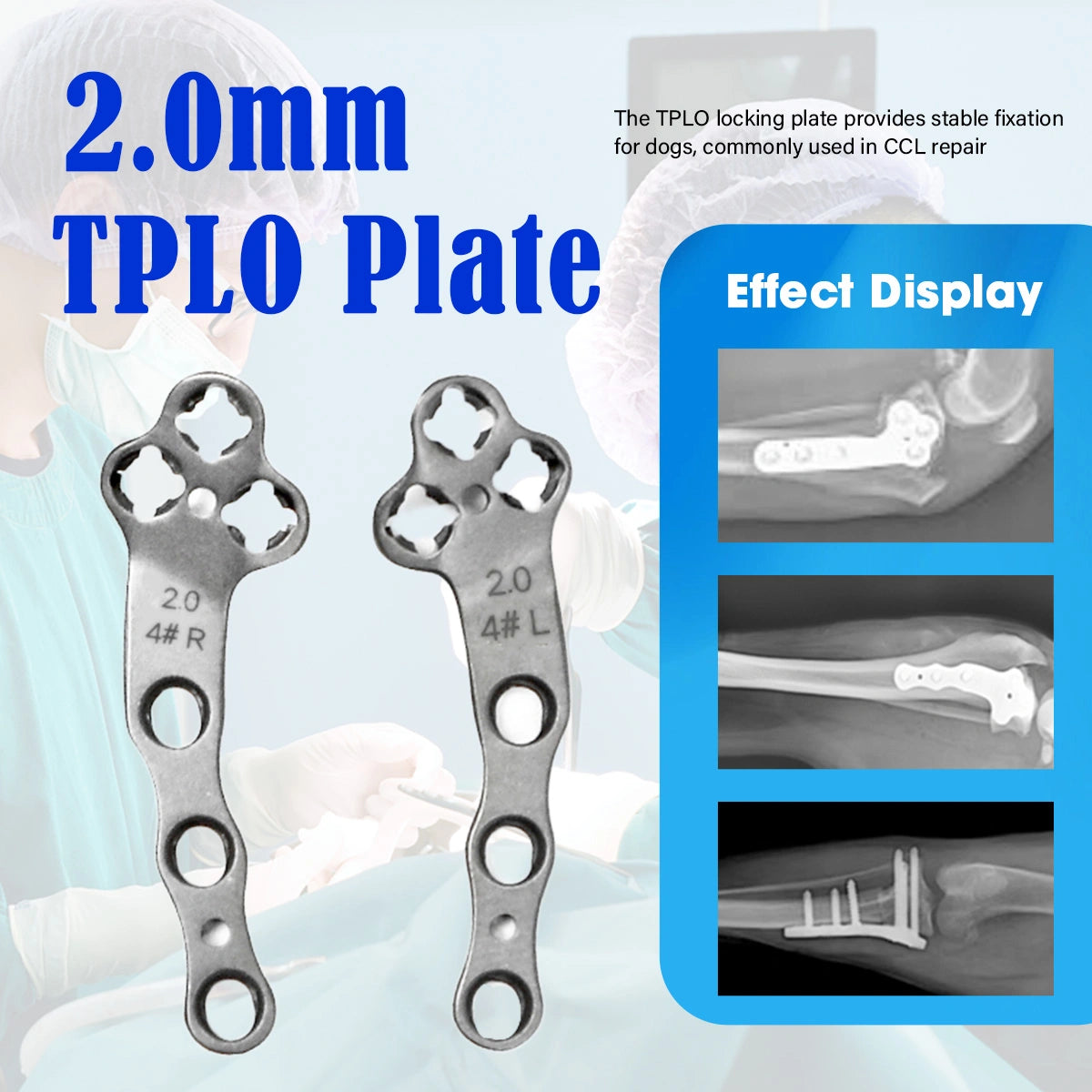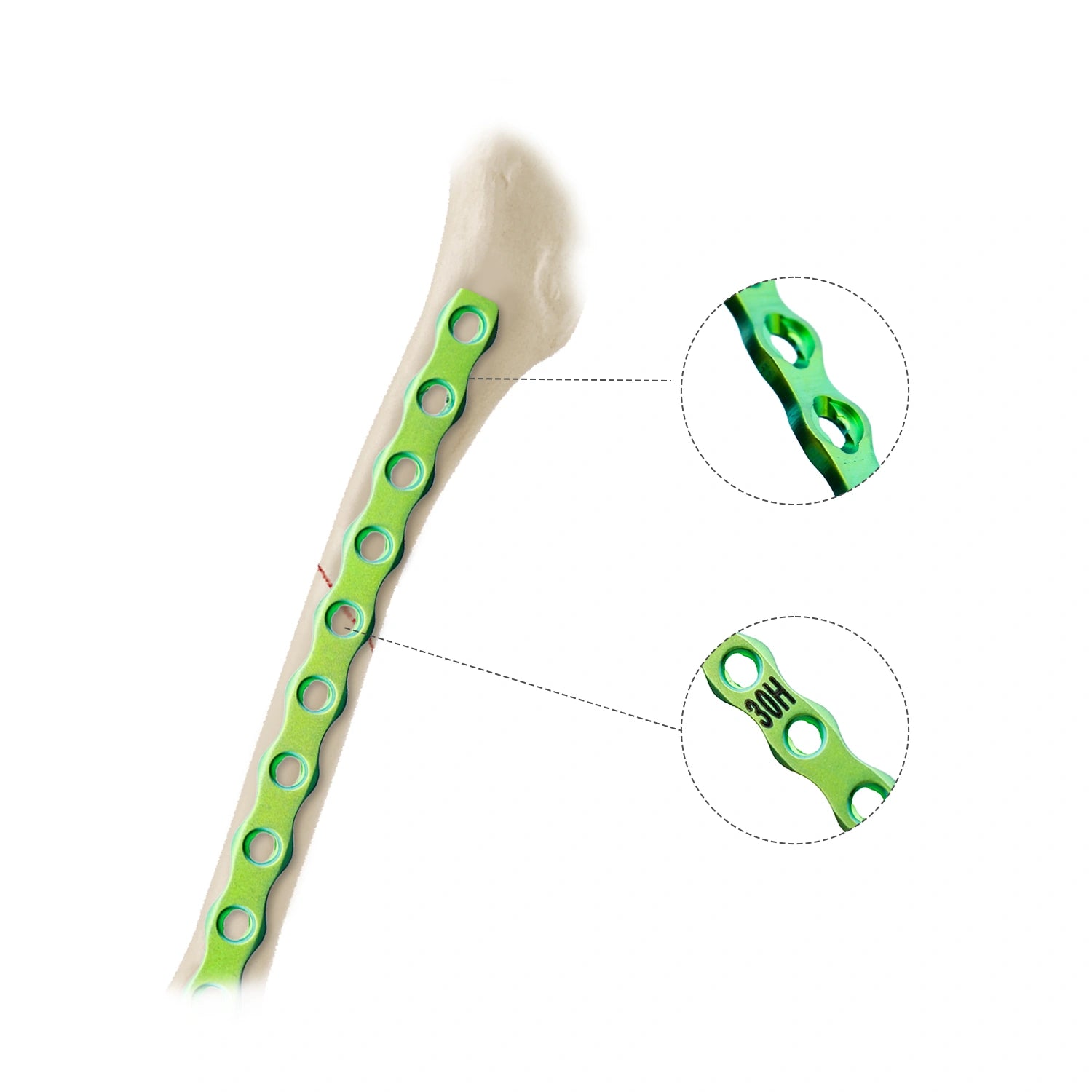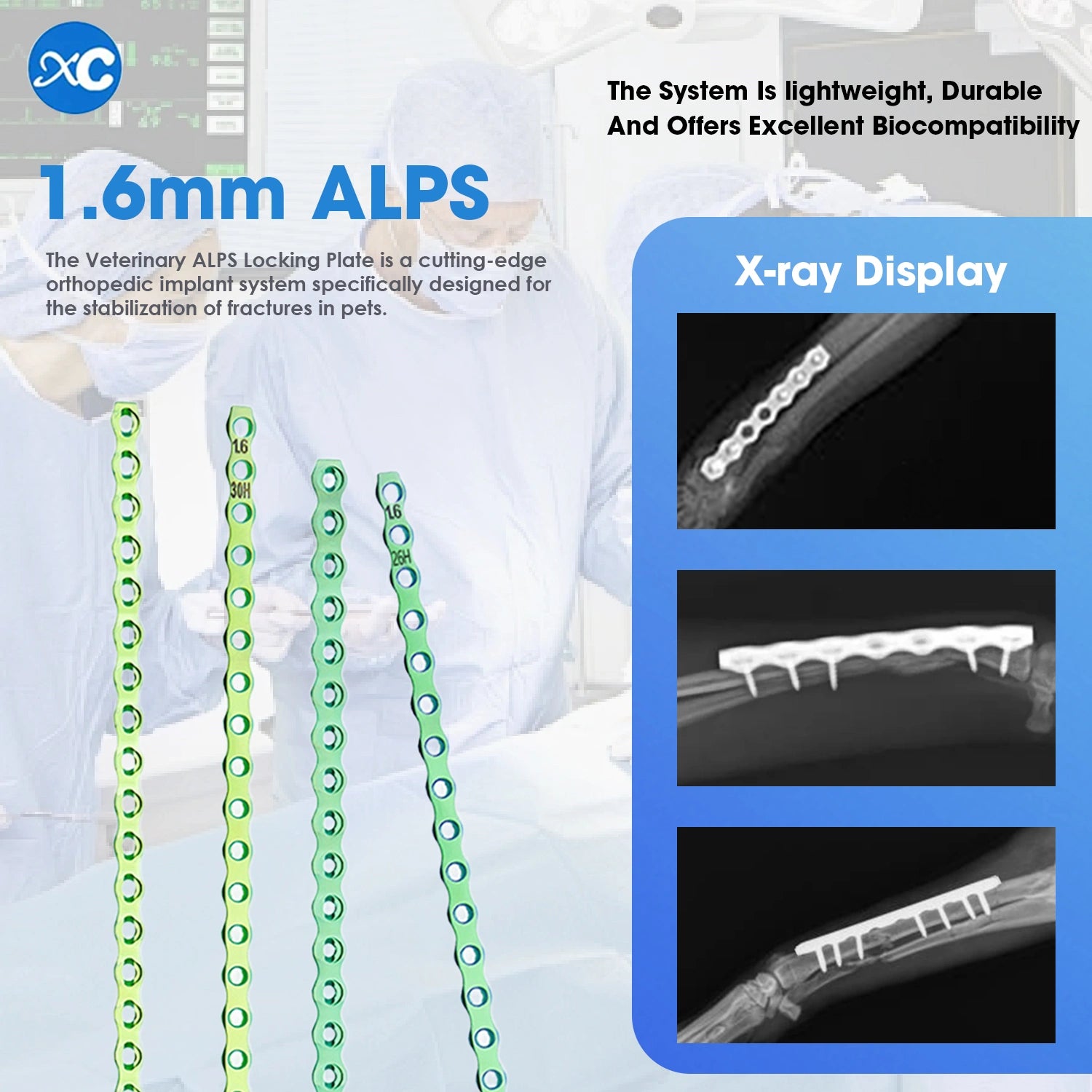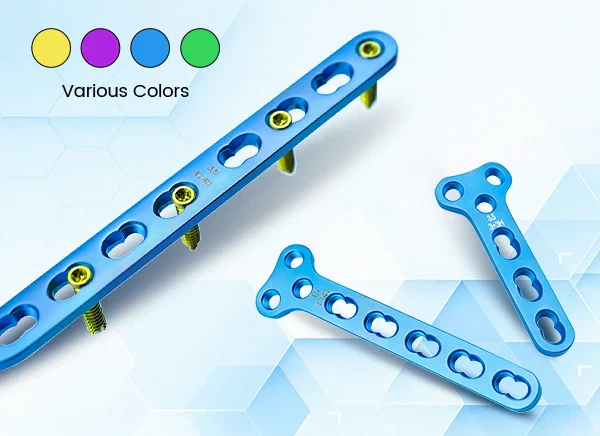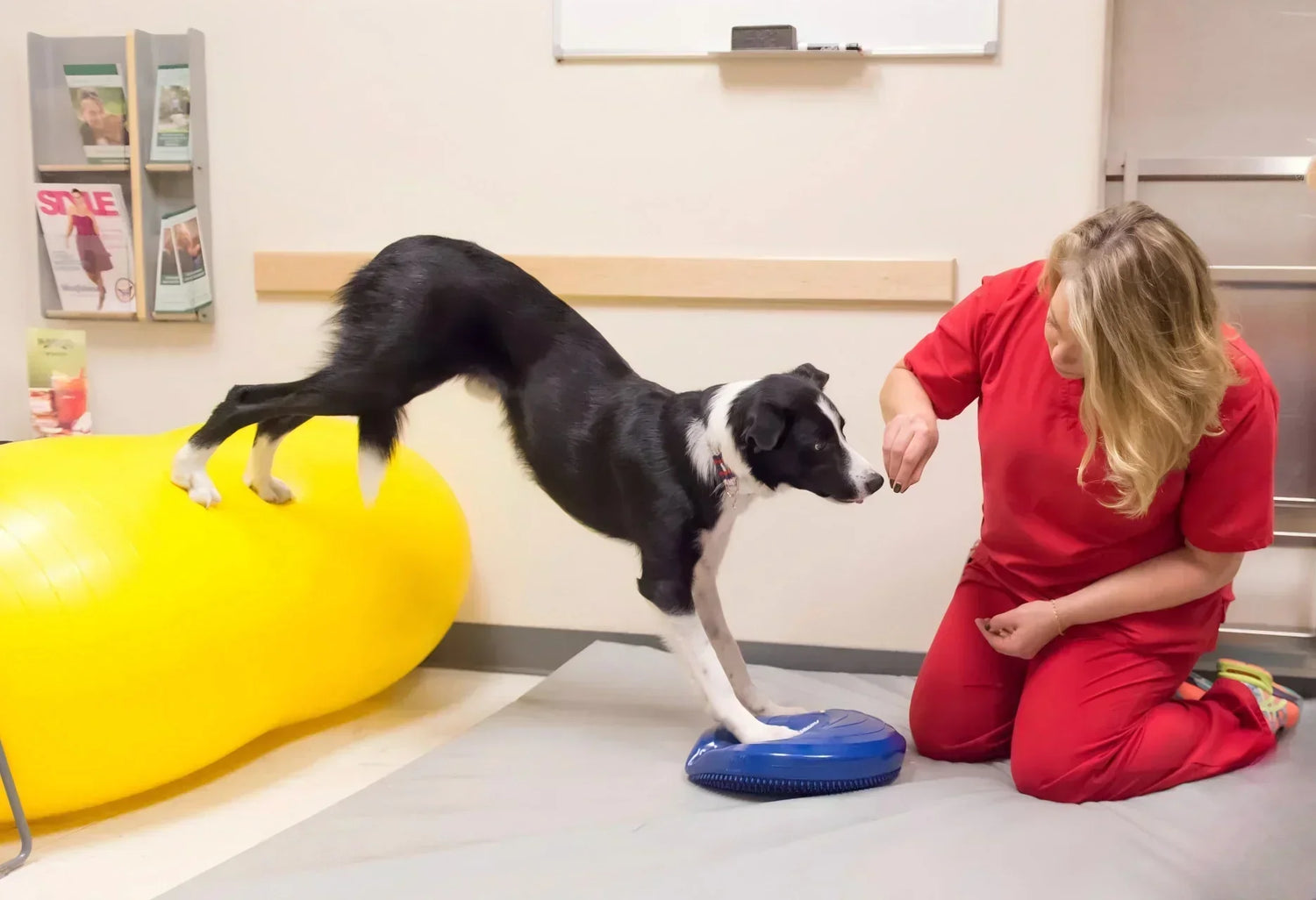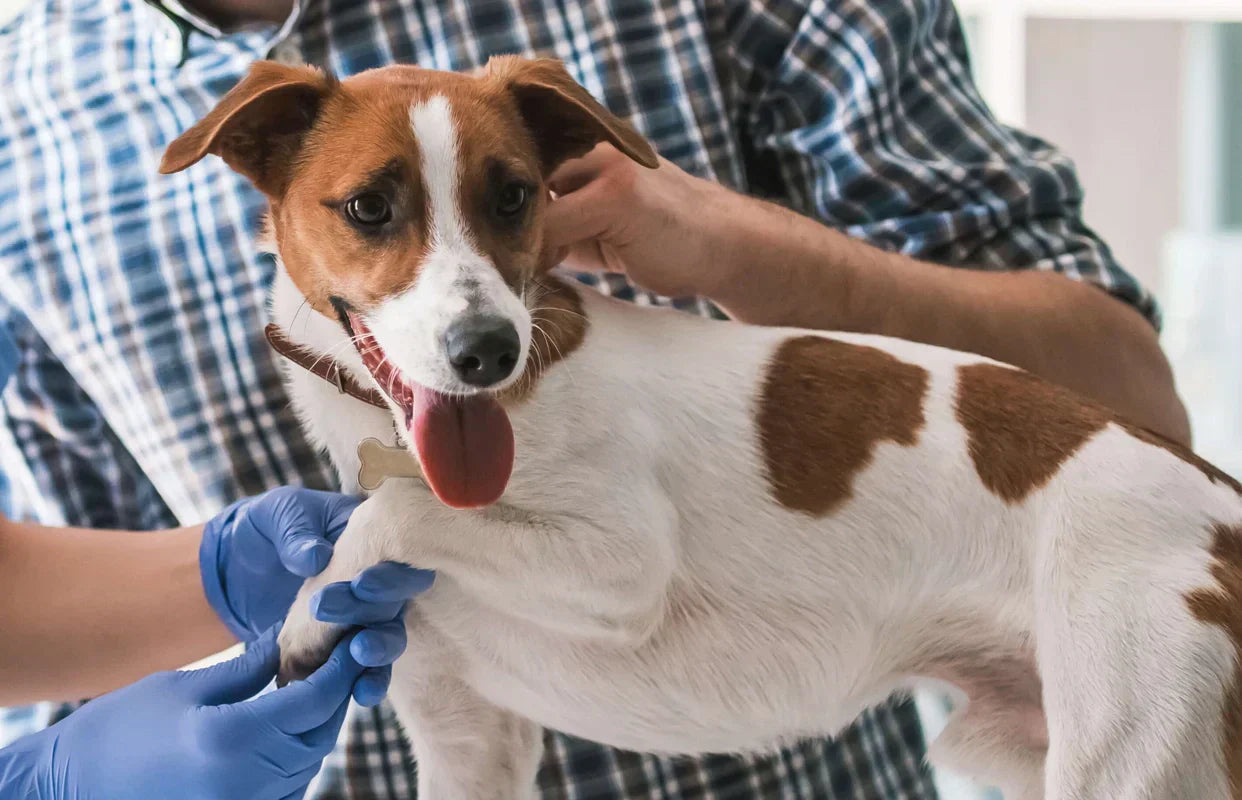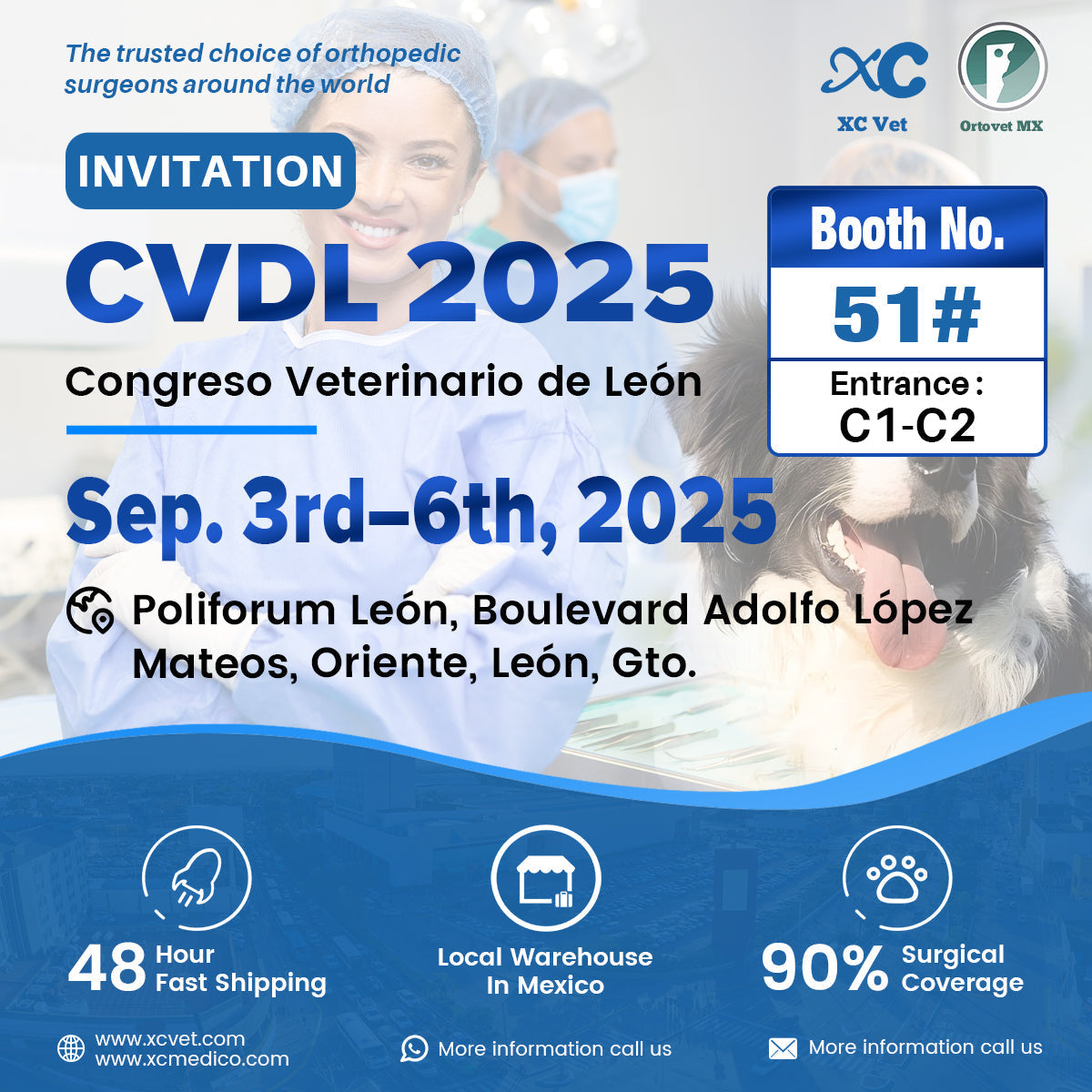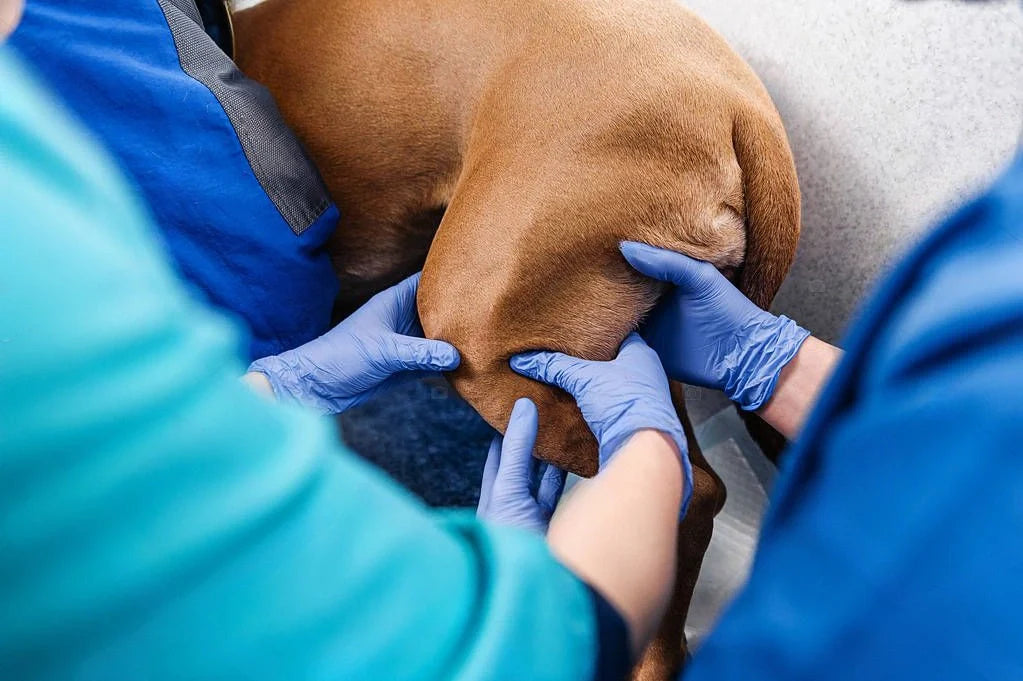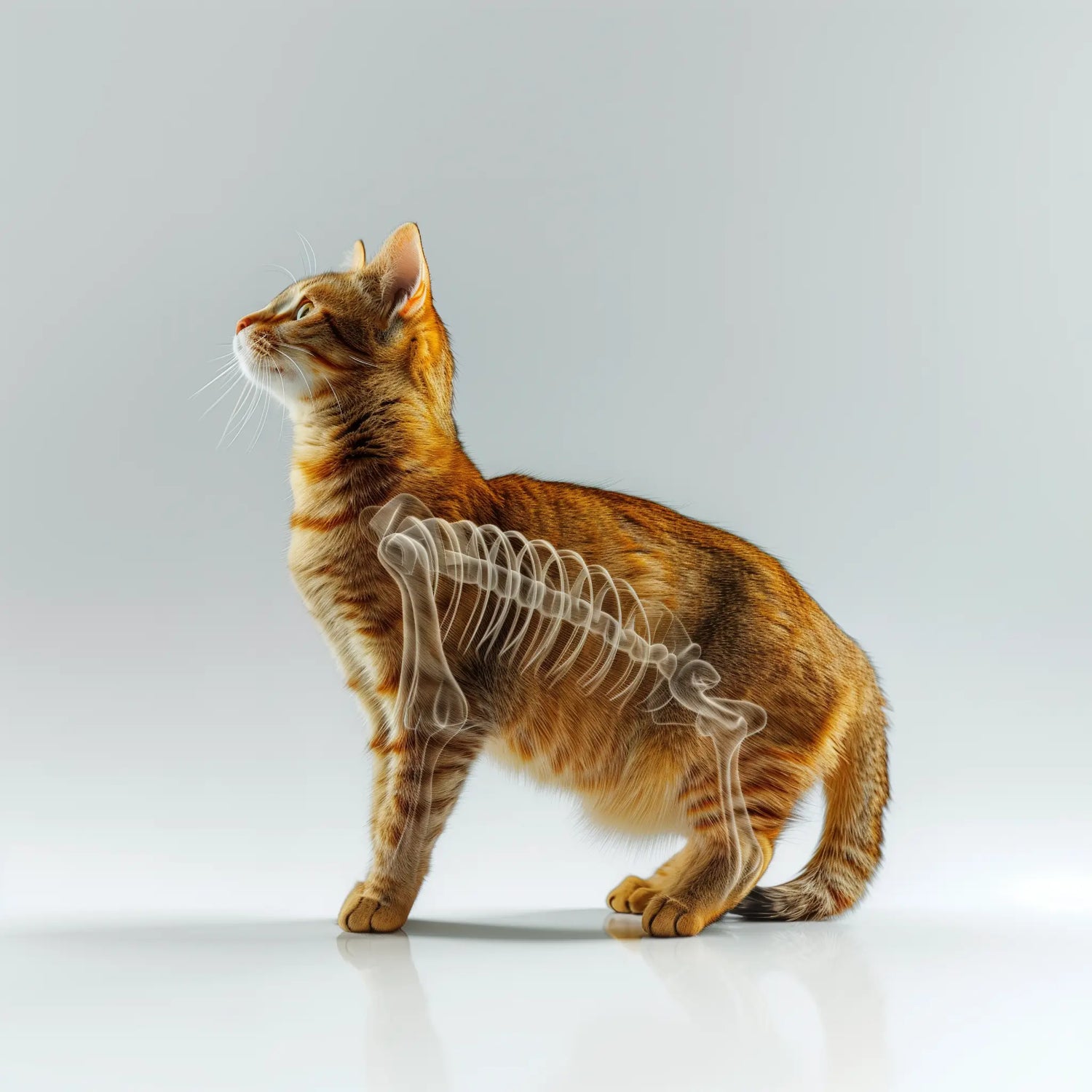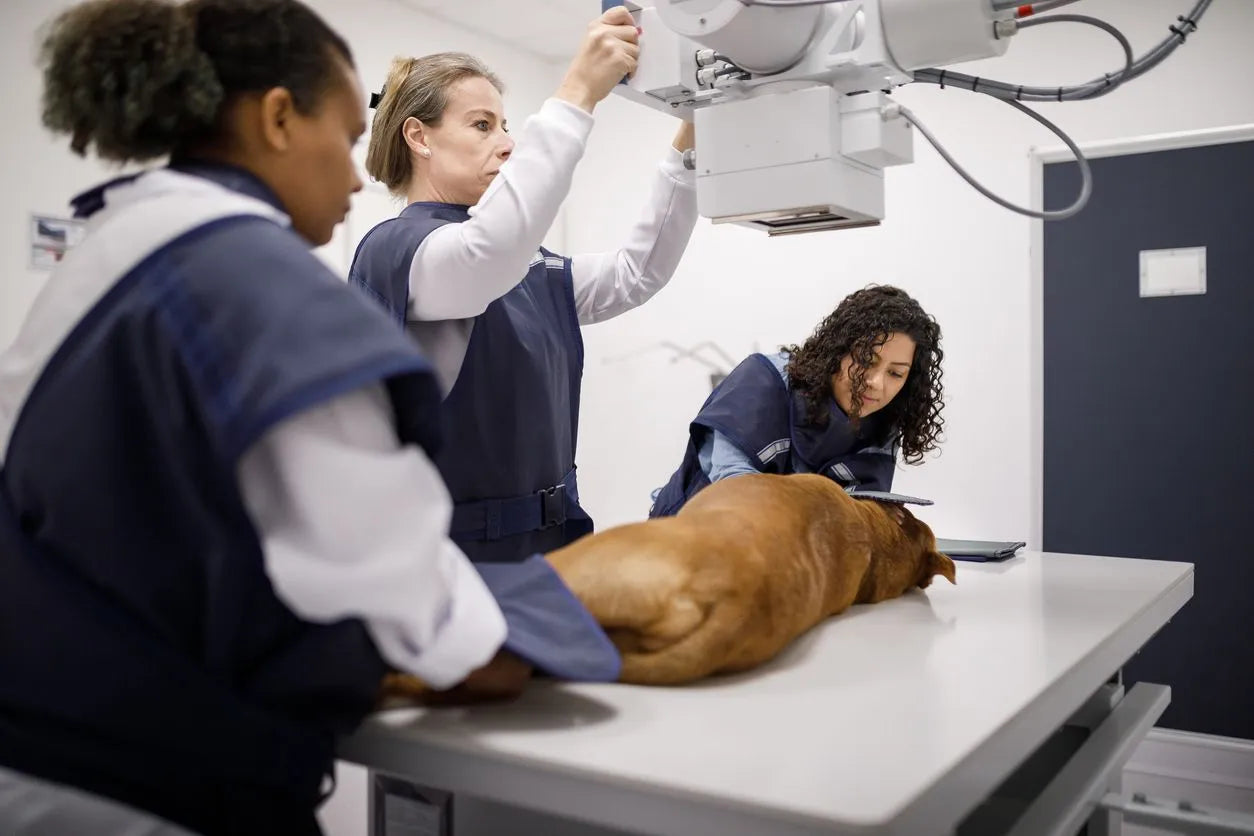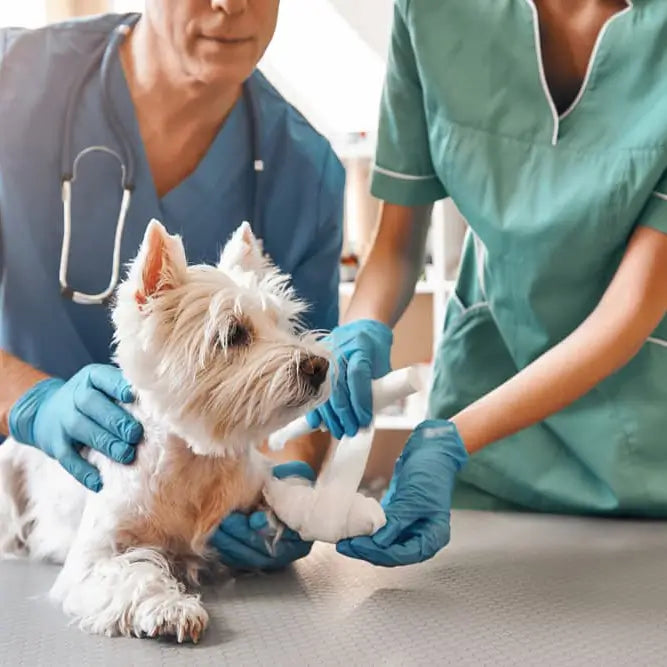News
Faster Healing with Biological Fixation in Dogs & Cats
High-energy fractures are common in veterinary orthopaedics. Dogs and cats involved in accidents often present with comminuted femoral, tibial, or radial fractures. Traditional rigid fixation requires large incisions and extensive soft tissue dissection, which can disrupt blood supply, increase infection risk, and delay healing. Biological fixation, especially Minimally Invasive Plate Osteosynthesis (MIPO), preserves the fracture’s biological environment, supports natural healing, and reduces trauma. Key Advantages of Biological Fixation Preserves Blood Supply: Minimal soft tissue disruption accelerates callus formation. Supports Juvenile & Complex Fractures: Protects growth plates and allows controlled micro-movement in comminuted fractures. Reduces Complications: Lower infection and implant failure rates compared to traditional open reduction. Faster Recovery: Shorter hospitalization and quicker return to normal function. Minimally Invasive Techniques MIPO uses indirect reduction and small incisions to maintain periosteal circulation. Other options include Elastic Plate Osteosynthesis (EPO), Interlocking Nail Systems, and External Skeletal Fixators (ESF). Locking Plates & Bridge Plates: Provide stability while preserving blood supply, ideal for comminuted fractures or juvenile patients. IM Pin + Plate: Combines axial and rotational stability, protecting growth plates and promoting rapid healing. Low-Contact Plates: Reduce bone-plate contact to protect soft tissue and enhance biological fixation. Imaging & Guidance Advanced imaging ensures precise minimally invasive repair: Fluoroscopy: Real-time guidance during implant placement. X-ray: Pre- and post-op planning. Arthroscopy: Enhanced visualization with minimal invasiveness. These tools allow surgeons to maintain alignment and stability while avoiding large incisions that could compromise the soft tissue envelope. Clinical Outcomes Dogs: Rapid clinical union, sometimes within one week; low complication rates. Cats: Major complications ~13%; careful post-op care essential. Juvenile & Comminuted Fractures: Biological fixation preserves vascularity, encourages callus formation, and reduces implant-related complications. Decision Points for Surgeons Fracture Type: Comminuted/segmental → biological fixation; simple transverse → anatomical reduction may suffice. Patient Age: Juvenile → protect growth plates; adult → prioritize early mobility. Soft Tissue Condition: Minimize trauma to reduce infection risk and accelerate healing. Putting Theory into Practice 💡 From Concept to Clinical SuccessThe effectiveness of biological fixation and minimally invasive techniques relies on well-designed instruments. From pre-contoured locking plates for MIPO procedures to the IM Pin + Plate combination system for juvenile animals, selecting the right tools is key to implementing these advanced fracture repair strategies successfully. 🔗 Explore Professional InstrumentsTo learn more about instruments designed specifically for modern veterinary biological fixation, visit our [Orthopedic Product Solutions] page and find tools suited for different fracture types and patient needs. 👇 Join the DiscussionHave you managed a complex fracture where biological fixation led to unexpectedly positive healing outcomes? Which features of these implants do you value most? Share your experiences or questions below to help advance veterinary orthopaedics together!
Leer más
